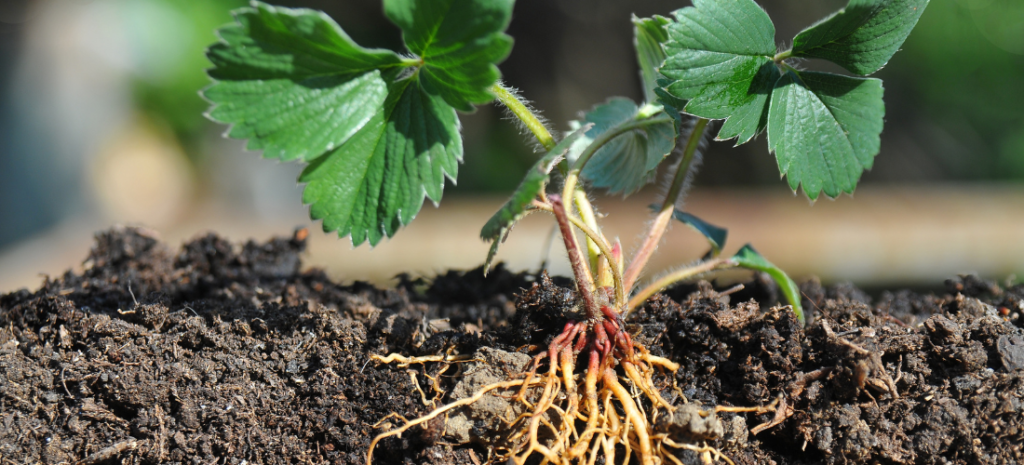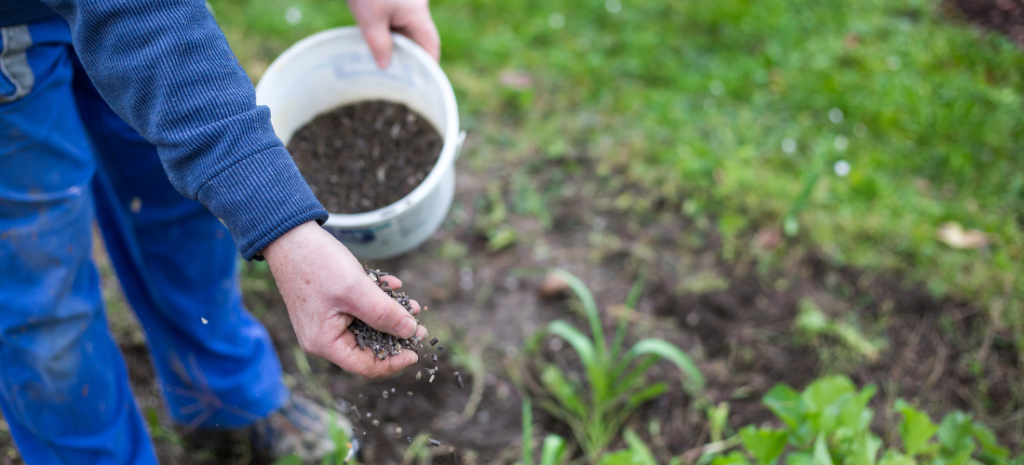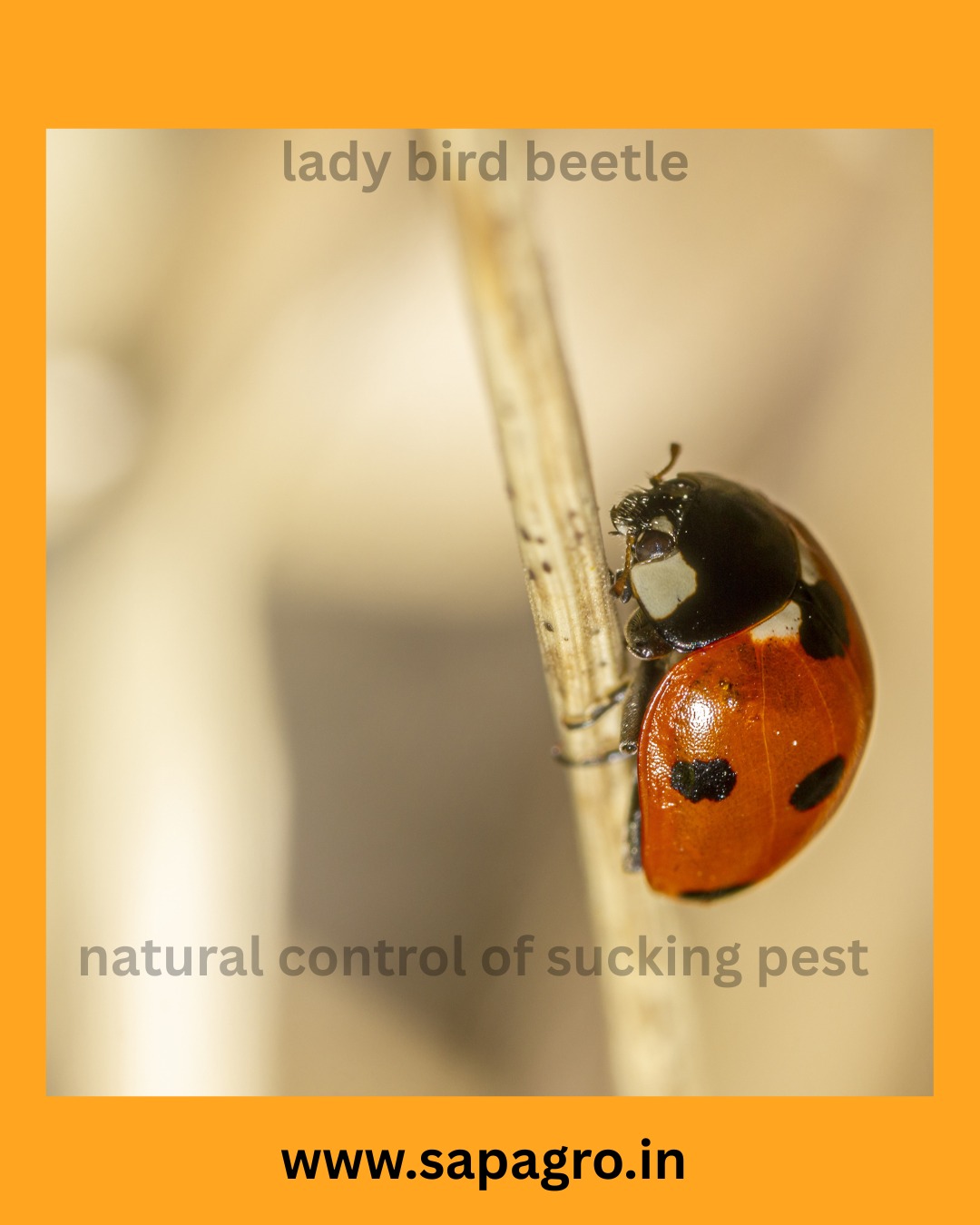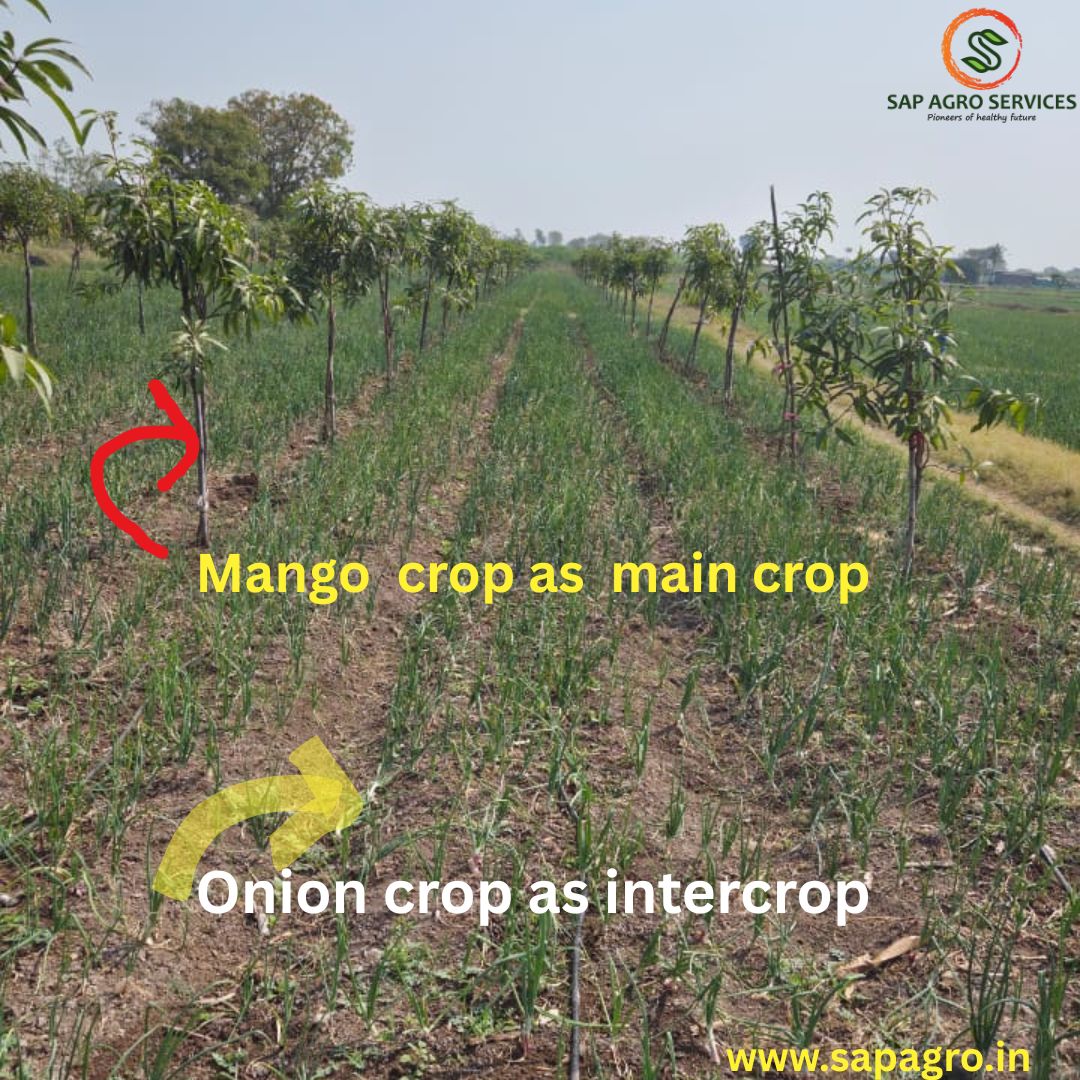Organic farming provides a better solution to the problems that traditional agriculture systems present. It is environmentally friendly and long-lasting. However, the success of organic farming is dependent on thorough planning and the correct execution of the tasks required. The use of fertilizers is one of the most important phases in deciding the outcome of an agricultural system.
It is important to note that Indian soils are deficient in nutrient content. Post the green revolution, the demand for fertilizers has surged. The added pressure of food security and the need for increasing crop yields and productivity has further strengthened the usage of fertilizers, the demand of which is met through imports.
Fertilizers are compounds that are added to growing crops to provide more nutrients and, as a result, increase productivity. They are primarily composed of nutrients such as nitrogen, potassium, and phosphorus. Fertilizers are classified into two types: organic and inorganic. Organic fertilizers, as the name implies, are obtained from plants or animals. Organic fertilizers are commonly derived from agricultural waste, livestock manure, or municipal sludge. Inorganic fertilizers, on the other hand, are produced chemically and are mostly composed of nitrogen and phosphate.
Chemical (Inorganic) fertilizers are widely used in India. Over time, indiscriminate fertilizer use has resulted in soil pollution and health risks. Unlike traditional farming, Organic farming makes use of fertilizers of biological origin. These are extremely cost-effective and help in bringing down the total cost of farming.
This article will look at several forms of bio-fertilizers used in organic farming and their benefits.

1. Nature’s Nutrient-Rich Treasure: Compost as fertilizer
Compost is the outcome of nature’s recycling process, which converts kitchen scraps, yard waste, and animal dung into a nutrient-rich soil amendment. Compost contains essential nutrients such as nitrogen, phosphorus, potassium, and micronutrients that promote plant growth.
It improves soil structure, boosting water retention and microbial activity, making it a vital resource for organic farming.
2. Manure as a fertilizer in Organic Farming: A Natural Source of Nutrients
Local cow dung is a treasure trove of organic matter and critical nutrients. However, it is critical to remember that the compost should be aged to eradicate any pathogens and weed seeds, ensuring safe and effective use in agriculture. The advantages of employing aged or composted manure include increased nutrient release and continuous feeding for crops without overburdening them.
3. Green Allies in Soil Health: Cover Crops as Fertilizer in Organic Farming
Cover crops, particularly leguminous plants like clover and vetch, play an important role in improving soil fertility and health by supporting the nitrogen-cycling process. These plants have a unique ability to fix atmospheric nitrogen, increasing the nitrogen content of the soil. These cover crops contribute to long-term soil health by preventing soil erosion, suppressing weeds, and improving soil structure.
4. Fish Emulsion: Liquid Gold for Plant Production
Fish emulsion is a liquid organic fertilizer made from fish waste. It is heavy in nitrogen, and gives a quick nutrient boost, especially for plants with high nitrogen requirements. Gardeners can dilute it and apply it straight to the soil, or they can use it as a foliar spray for quick nutrient absorption.
5. Bone Meal: Root Nourishment and More
Bone meal is a slow-release organic fertilizer made from pulverized animal bones. It has a high phosphate and calcium content, which is necessary for root development, blooming, and fruit production. The released nutrients help in promoting long-term plant growth and health.
By including these organic fertilizers in your farming techniques, you can obtain nutrient-rich soils while lowering your dependency on synthetic chemicals. Whether you’re an experienced organic farmer or just getting started in sustainable agriculture, these natural fertilizers can help you nurture your crops while also protecting the health of our planet.
6. Vermicompost as a fertilizer for organic farming
Vermicompost is essentially the excretion of earthworms, which is rich in humus and nutrients like nitrates, phosphorus, magnesium, calcium, and potassium. Earthworms feed on biomass and then convert it into manure through their excreta.
Vermicomposting improves the structure, texture, porosity, and ability to hold water, drainage, and aeration of the soil while reducing erosion. It Increases plant growth and production by encouraging the creation of new shoots and leaves. As a result, the pH of the soil is neutralized. Moreover, it boosts the number of beneficial microorganisms in the soil, lowering the likelihood of illness and pest infestation.

Conclusion
Organic farming is a sustainable and environmentally friendly agricultural method that uses organic fertilizers to enrich the soil and encourage healthy crop growth. These natural fertilizers not only supply critical nutrients but also promote soil health and have a lower environmental impact.
Interestingly the Government is promoting bio-fertilizers through various schemes of National Mission of Sustainable Development (NMSA)/Paramparagat Krishi Vikas Yojana, Rashtriya Krishi Vikas Yojana (RKVY) and National Mission on Oilseeds and Oil Palm (NMOOP) and Indian Council of Agricultural Sciences (ICAR).
Bio-fertilizers can benefit both farmers and the government. It will help the government reduce its subsidy bill while also assisting farmers in keeping their losses low. This will help our planet have a more sustainable and environmentally friendly future.
If organic farming interests you, then SapAgro offers the best training and consultancy services in Mumbai, Gujrat and Madhya Pradesh.
Also, check out our digital marketing training institute Moving Digits in Dadar to learn the hacks of growing on digital media.














